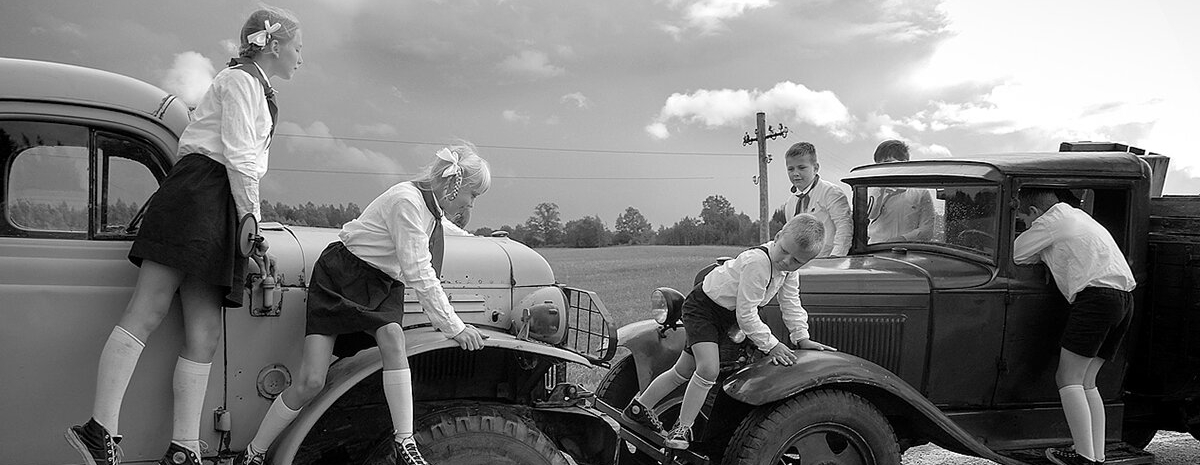Cinema Bize Home cinema The program will be supplemented every month with a selection of new films – it will be possible to watch several films at the same time, thus gaining a broader insight into filmmakers, the predominant cinema styles and current topics. Works by the latest filmmakers, as well as retrospectives and selections, will be available in the coming months.
At the forefront of the June program is one of the most visible representatives of author cinema in Latvia, director Laila Pakalniņa. Her special handwriting film, which encourages not only to watch but to truly see, may not have been shown only in Antarctica. Each film created by Pakalniņa has always received wide attention on an international scale, has been screened and awarded at countless film festivals, as well as has been praised by film critics in the local and international environment. However, in a conversation with film researcher Dārta Ceriņš, the director admits: “I have always had an interesting relationship with Latvian viewers.” In addition to the two June films, the audience also has a recording of the conversation, in which Laila Pakalniņa highlights the brightest memories of how the films Ausma a Spoon were expected at international film festivals and what reactions they received when screening in Latvian cities and regions.
Documentary Spoon (2019) has so far failed to enter the regular repertoires of cinemas. After the world premiere at the Karlovy Vary International Film Festival, it was also screened in the full-length competition program of the Riga International Film Festival, in which it was submitted as an “industrial symphony”. He later received the Kristaps Grand Award for Best Sound Director. Watching the film encourages a meditative experience and focuses on the issue of the plastic container production process – how to get from black oil to a white spoon.
Selected second film Ausma (2015) is a Soviet-era story about Pavlika Morozov, who passes on his father in the name of so-called ideals, but the father, led by revenge, passes on his son. When the film was released, it experienced a wide range of audience feedback – one part used to claim that Latvia had not experienced such an impressive cinema, especially in the use of cinematic means of expression. Others, on the other hand, condemned the depiction of the adapted story, causing widespread counter-criticism not only in Latvia, but also in censorship in other countries.
A selection of films and a video recording of the conversation is available until June 30: www.kinobize.lv
–


